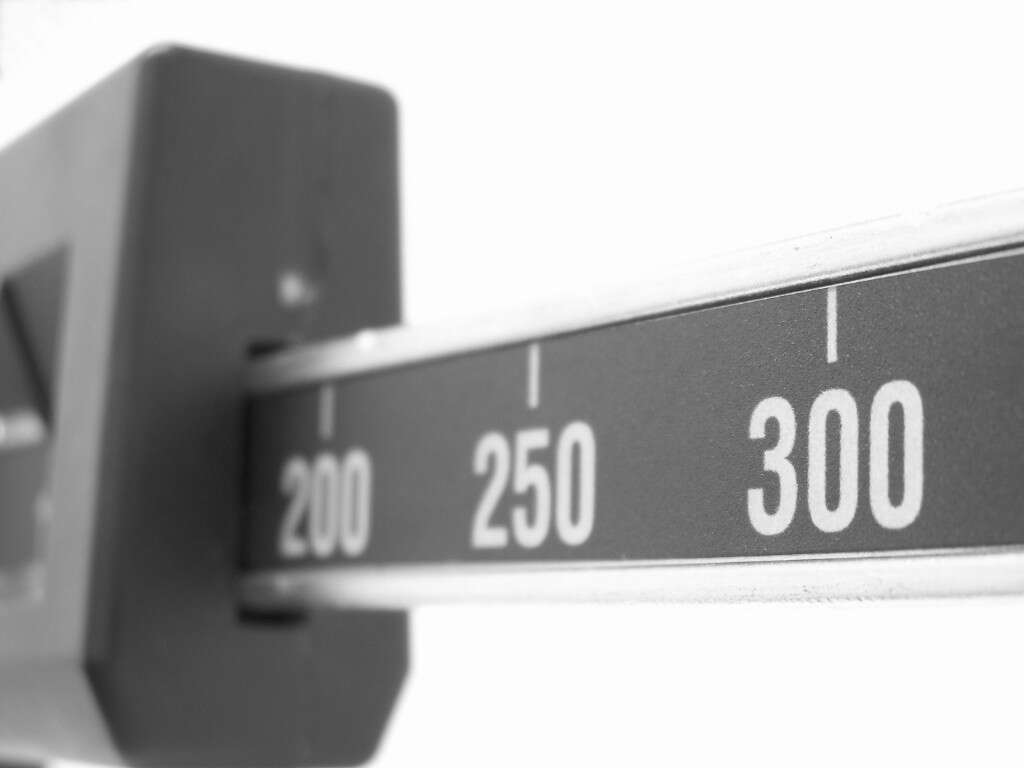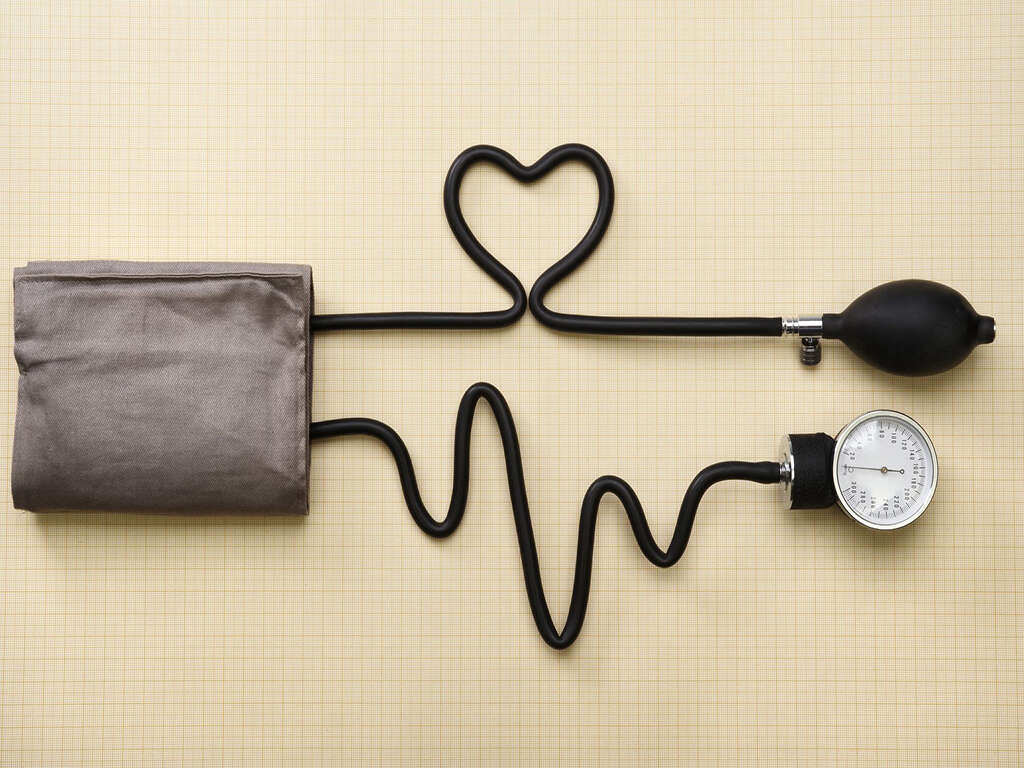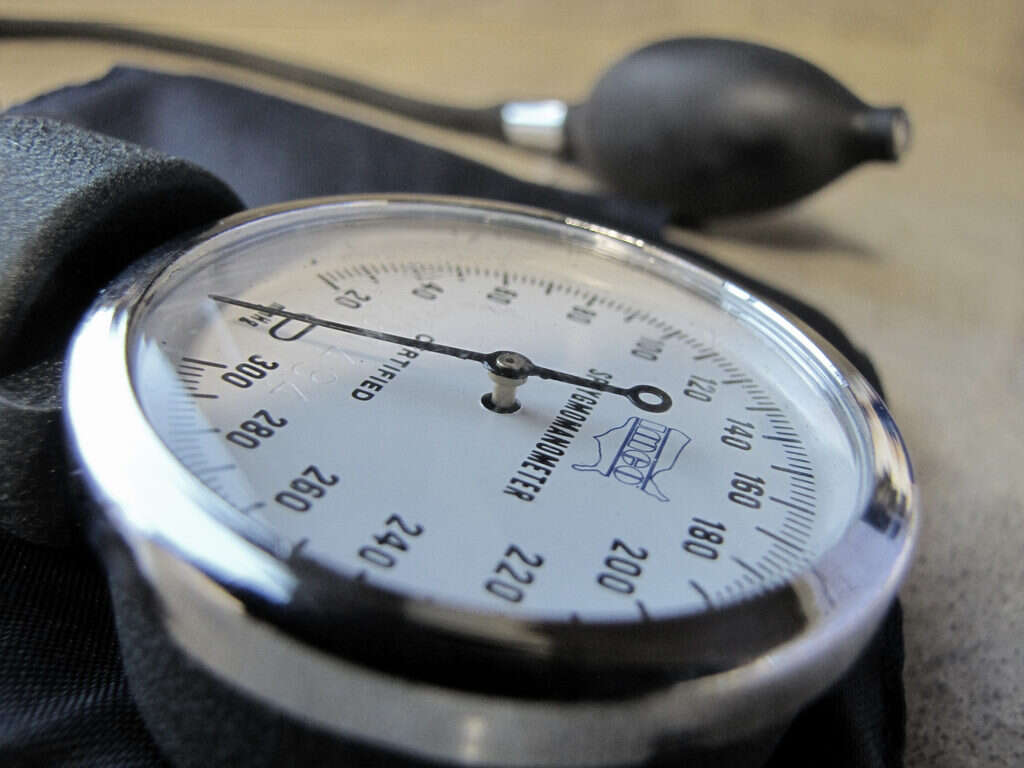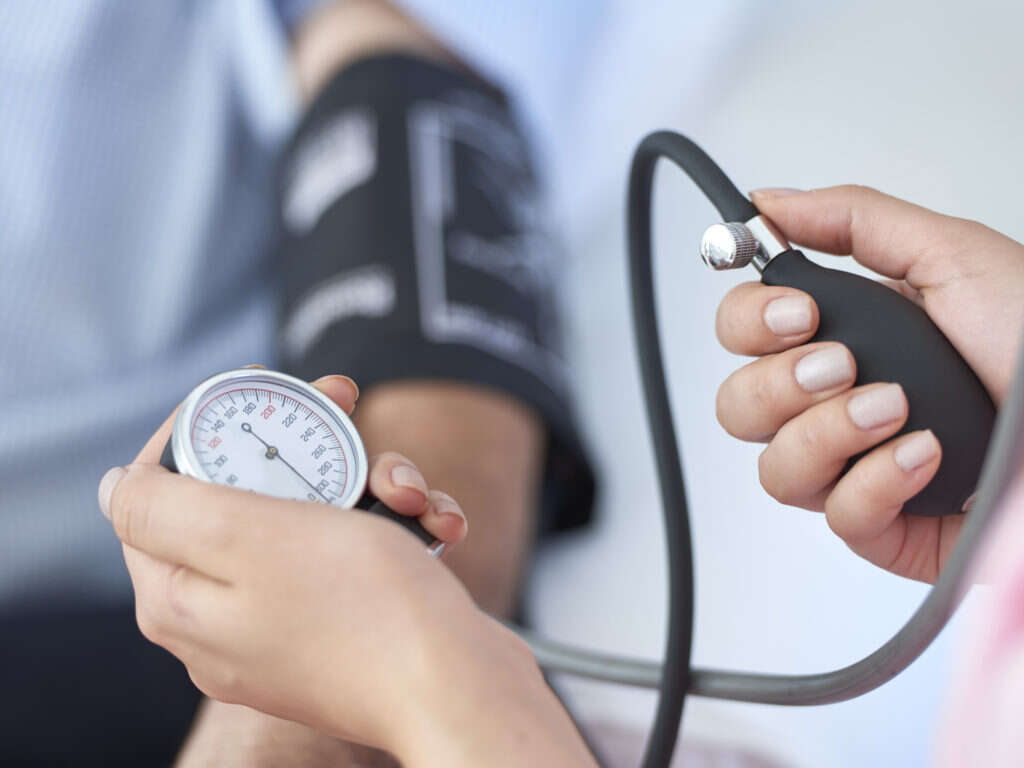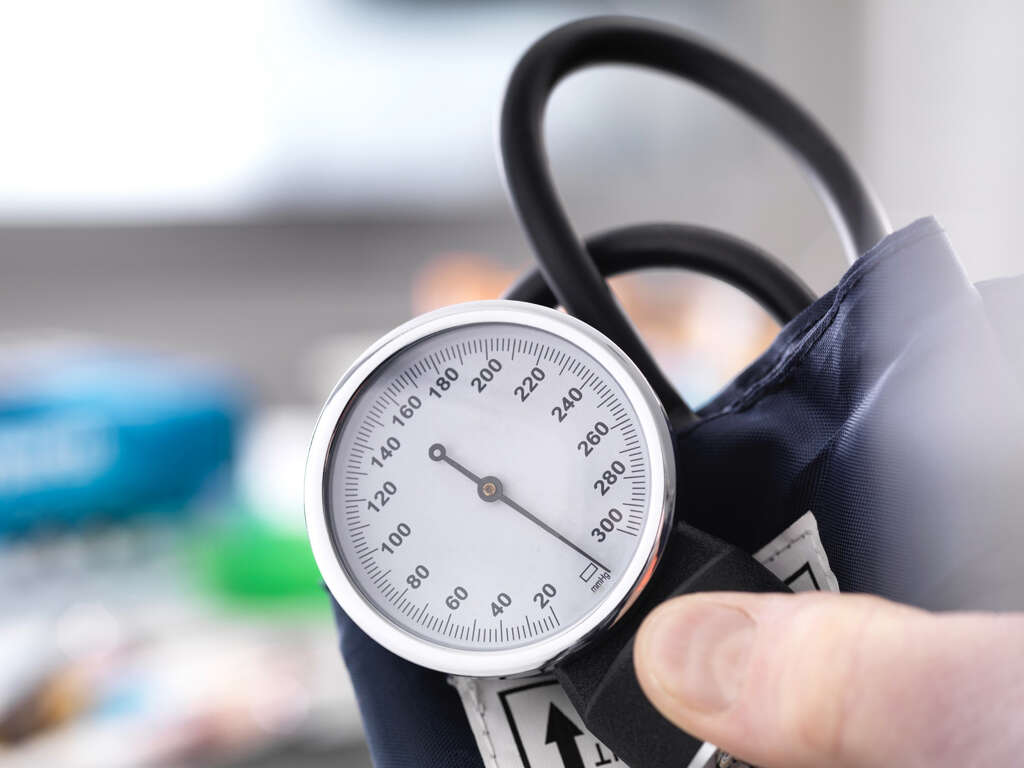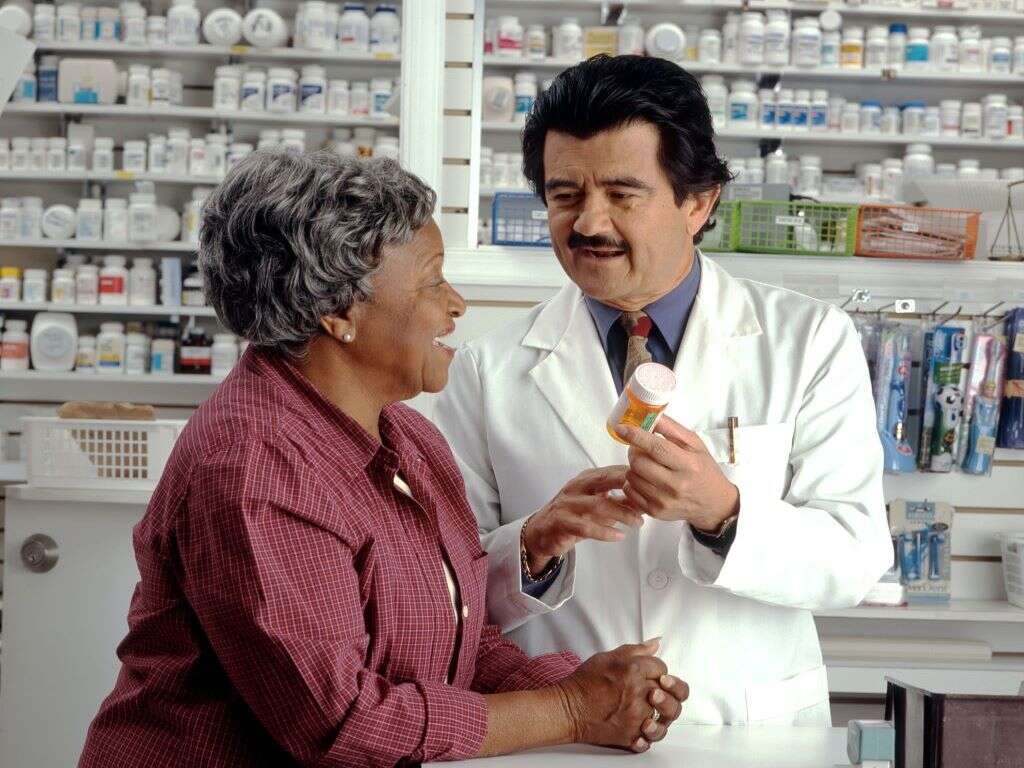10 Lower Blood Pressure Symptoms
 Article Sources
Article Sources
- 1. 'Clammy Skin.' Nicklaus Children's Hospital, www.nicklauschildrens.org/symptoms/clammy-skin
- 2. 'Self-help Tips to Fight Tiredness.' Nhs.uk, 3 Oct. 2018, www.nhs.uk/live-well/sleep-and-tiredness/self-help-tips-to-fight-fatigue
- 3. 'Dizziness - Symptoms and Causes.' Mayo Clinic, 15 Apr. 2020, www.mayoclinic.org/diseases-conditions/dizziness/symptoms-causes/syc-20371787
- 4. 'Water: How Much Should You Drink Every Day?' Mayo Clinic, 6 Sept. 2017, www.mayoclinic.org/healthy-lifestyle/nutrition-and-healthy-eating/in-depth/water/art-20044256
- 5. 'Orthostatic Hypotension.' NORD (National Organization for Rare Disorders), 20 July 2017, rarediseases.org/rare-diseases/orthostatic-hypotension
- 6. 'Depression Statistics.' Depression and Bipolar Support Alliance, 12 July 2019, www.dbsalliance.org/education/depression/statistics
Dehydration
The body requires approximately 11 to 15 cups of water per day in order to function properly.4‘Water: How Much Should You Drink Every Day?’ Mayo Clinic, 6 Sept. 2017, www.mayoclinic.org/healthy-lifestyle/nutrition-and-healthy-eating/in-depth/water/art-20044256 When dehydrated individuals are admitted to the hospital with hypotension, medical professionals may administer IV fluids to help stabilize blood pressure.
People who are not hydrated may feel thirsty or confused, and severe dehydration can cause damage to the internal organs of the body. It's especially important to keep hydrated during the hotter months of the year, as sweating can lead to rapid fluid loss.
Advertisement




